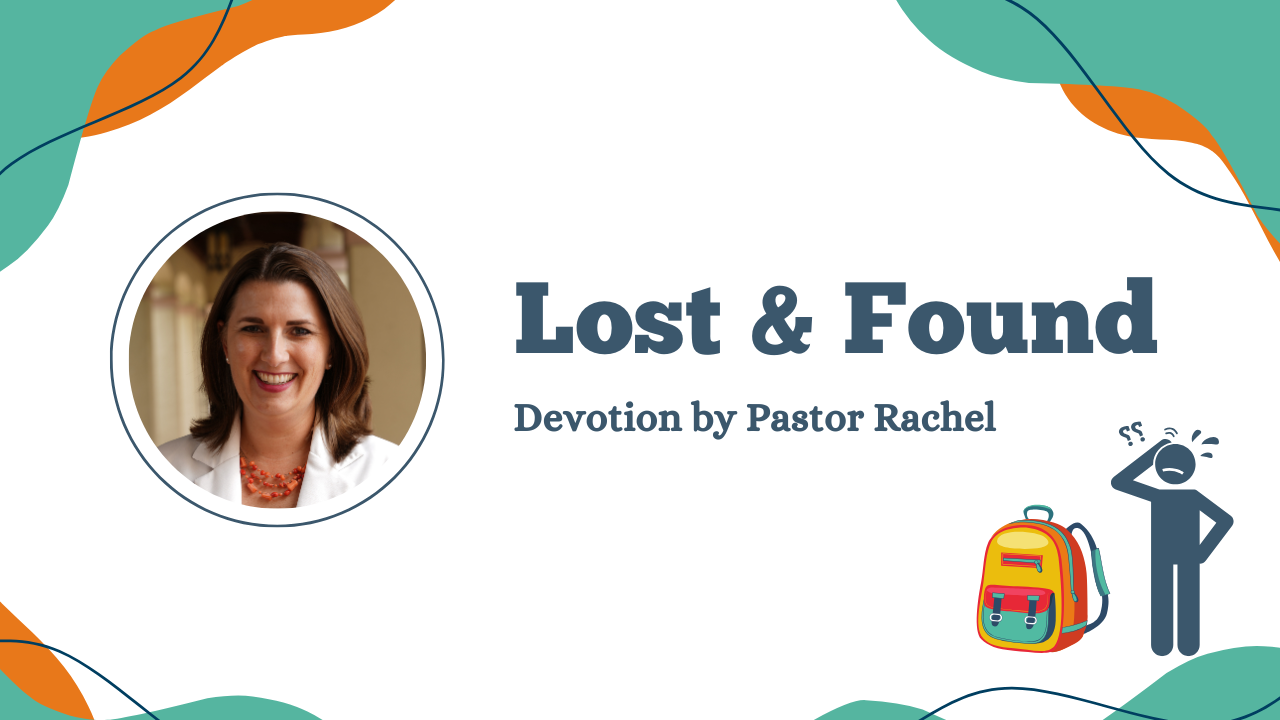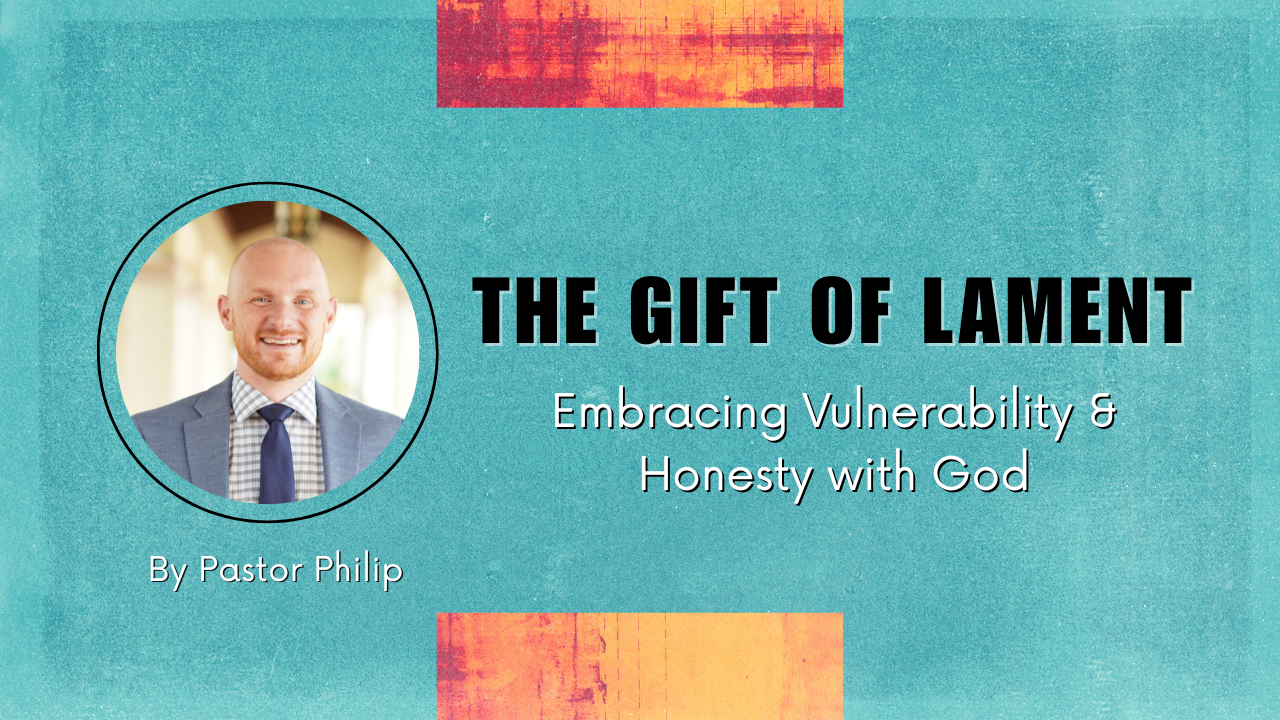On Sunday night, 120 of us gathered in the Mathias Family Life Center Gym for an Interactive Visioning Session. We gathered to pray, eat, fellowship, and cast vision for the future. Before I even begin telling you all the ways I saw God at work this evening, I want to thank the team that put it all together. Not only is there a Steering Team that is the engine behind this, but there were many helpers who made the tables, food, atmosphere, and swag possible. I am always blown away by the people in this church who love to serve and help bring people together, and many hands were needed. Thank you to those who came early and stayed late so that this event was possible and a time of unity and dreaming together.
After arriving on Sunday night, we were seated at different tables that were diverse and well mixed. The hope was that you could get to know someone new and hear a different story. At each table, there was a name tag, like at a wedding reception, and a centerpiece filled with Publix subs, fruit, and cookies, as well as a swag bag with items that will help us pray and center ourselves on our next steps as a church. Where I really saw God that evening was at our tables, where honest stories and memories were shared. As we sat at our table, eating and getting to know each other on a deeper level, I heard stories about why this is the church that one person has been coming to since he was a child, or another person is attending because it reminds her of her church back home, or how the defining moment for another individual was the care they received after the passing of a parent. As we listened, shared, celebrated, and laughed, I heard the Spirit saying, “What’s Next?” What is next is indeed the question for this season. As we celebrate 140 years of mission and ministry in the Winter Park community, what might God be calling us toward next?
You might recall that last year, we hosted Home Meetings and heard about the challenges and joys we have faced as the First United Methodist Church of Winter Park. And then, the Strategy Team met on a monthly, if not bi-weekly, basis to dream about our next strategy that will move us forward, naming that we have already moved through a pandemic and denominational division. I hope by now you have heard that the Strategy Team came up with three focus areas:
Neighbor Well to Share Christ
Deepen Connections to Build Disciples
Steward Our Resources for God’s Kingdom
And after months of a sermon series, marketing and devotional materials, and realignment of budget, we are now at the beginning of the Capital Campaign journey. While it won’t launch officially until August, Sunday night was all about prioritizing what our focus should be and what our “WHY” will be as we raise funds over and above our operating budget for the next two years.
While talking about money isn’t always a favorite topic of mine, we need to steward our gifts and resources for God’s Kingdom to continue to grow and be lived out incarnationally through each of us here at First United Methodist Church of Winter Park.
In the coming months, there will be more opportunities to engage in this priority conversation, and we hope you will consider joining us. On Sunday, August 17, at 5:30 p.m., we will gather for a Stakeholders Event, and we would love your help and your attendance. In the meantime, be in prayer for us—your pastors and lay leadership teams—that we will clearly hear what God is calling us to do next. Pray that God’s Spirit gives us the conviction and courage to prioritize people over preferences and to know that God is with us every step of the way. Below you will see a document compiled from the robust conversations from the various groups on Sunday night.
– Pastor Rachel


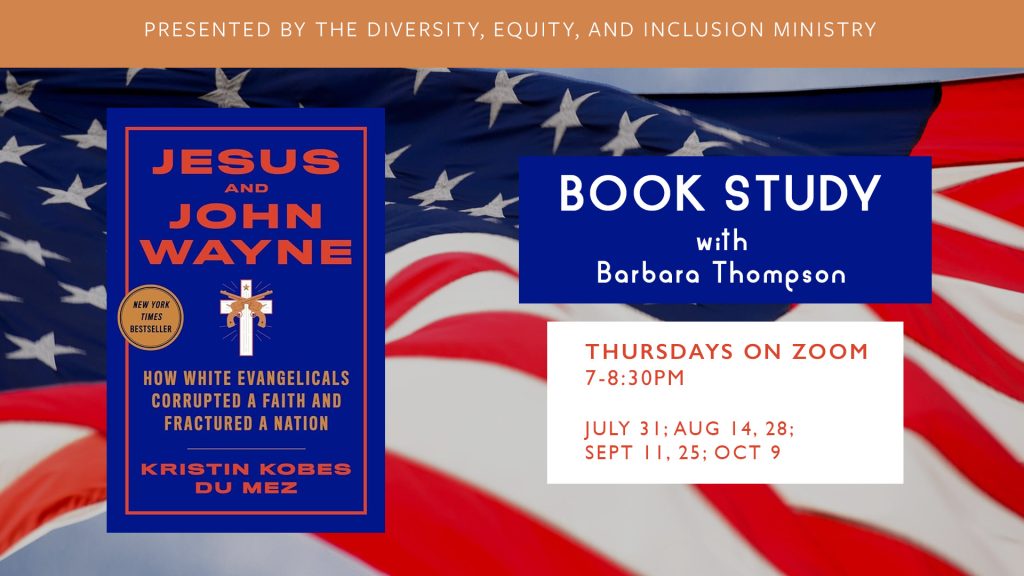
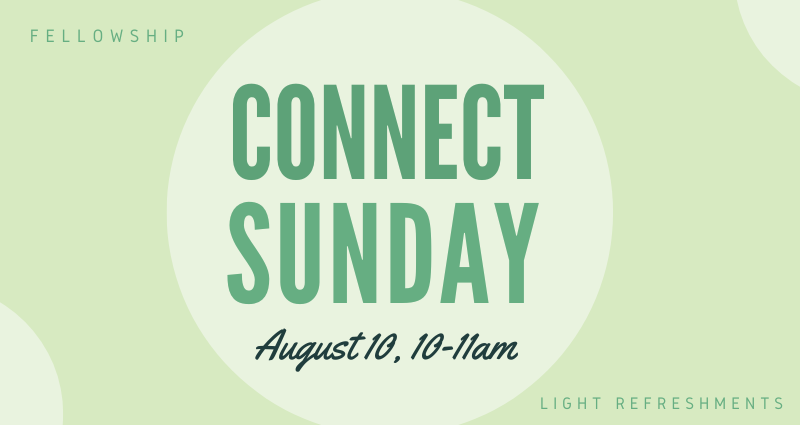





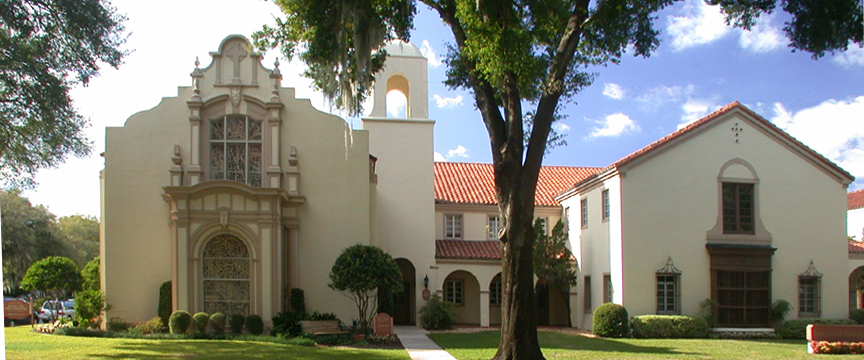


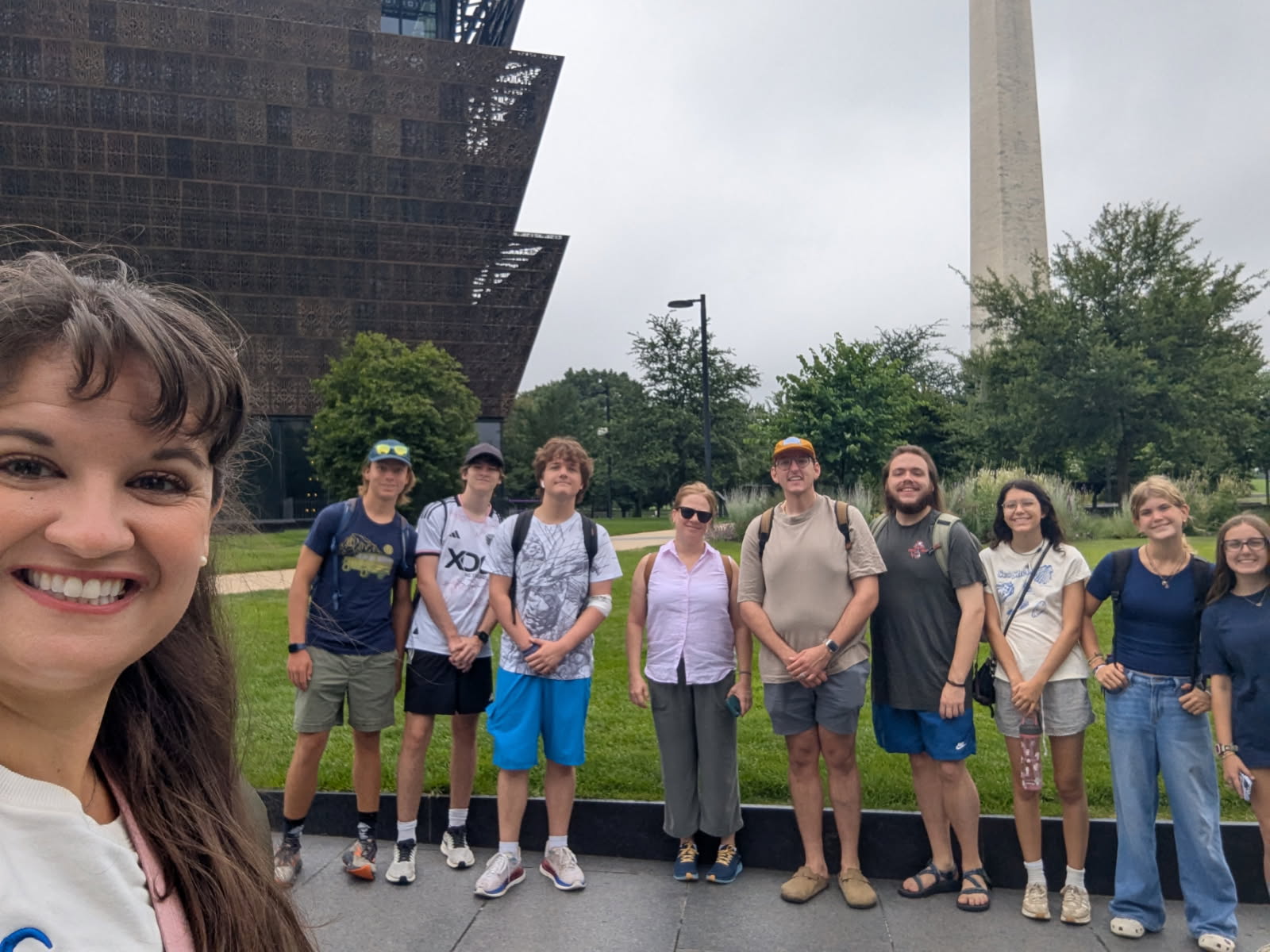
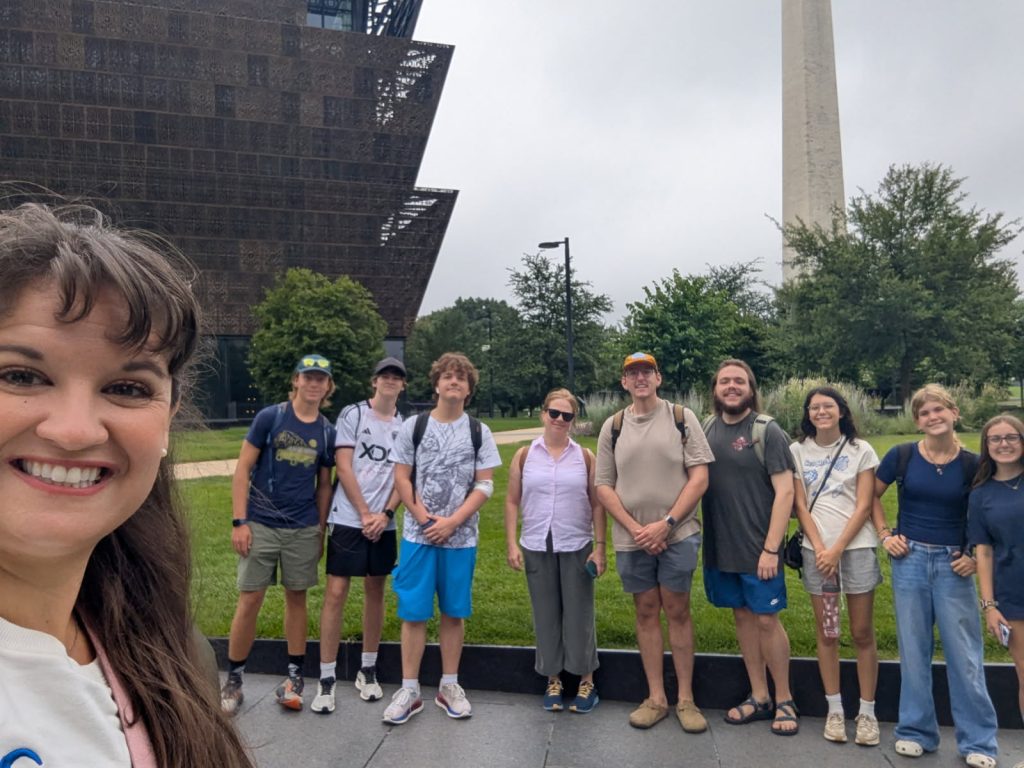
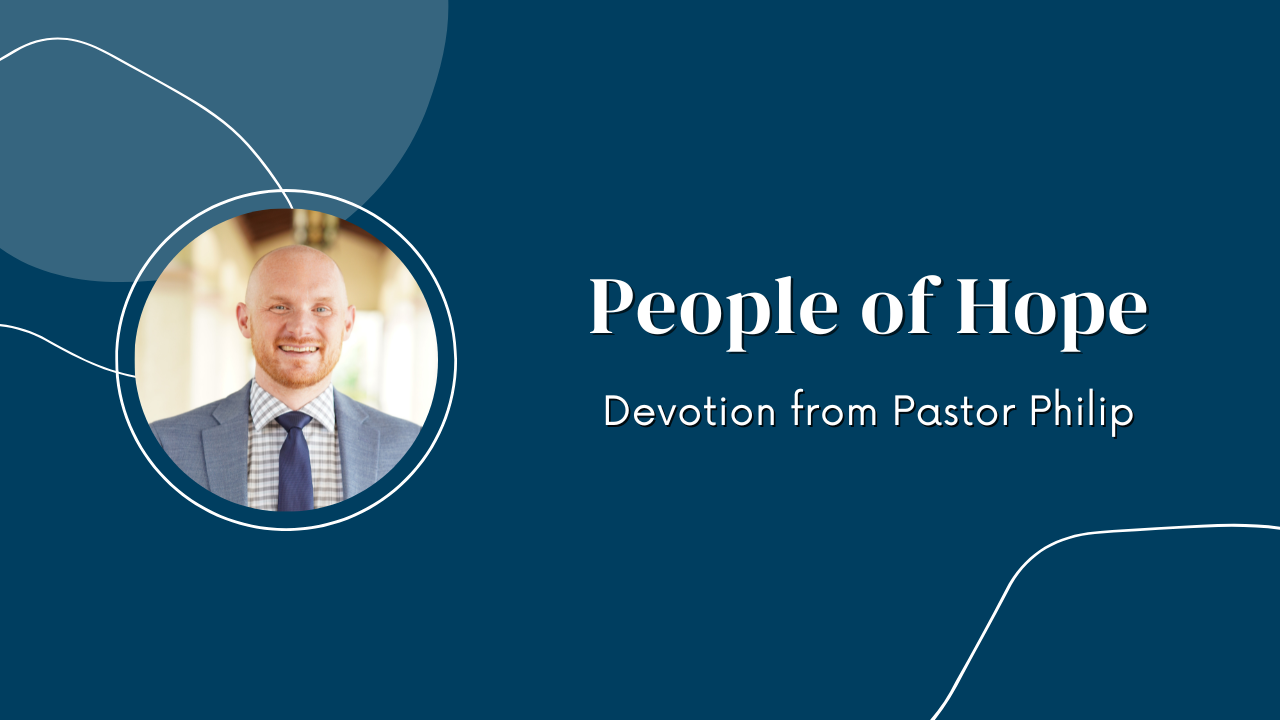
 ). We also learned that they are members of the National Cathedral congregation and joyfully welcomed us to worship.
). We also learned that they are members of the National Cathedral congregation and joyfully welcomed us to worship.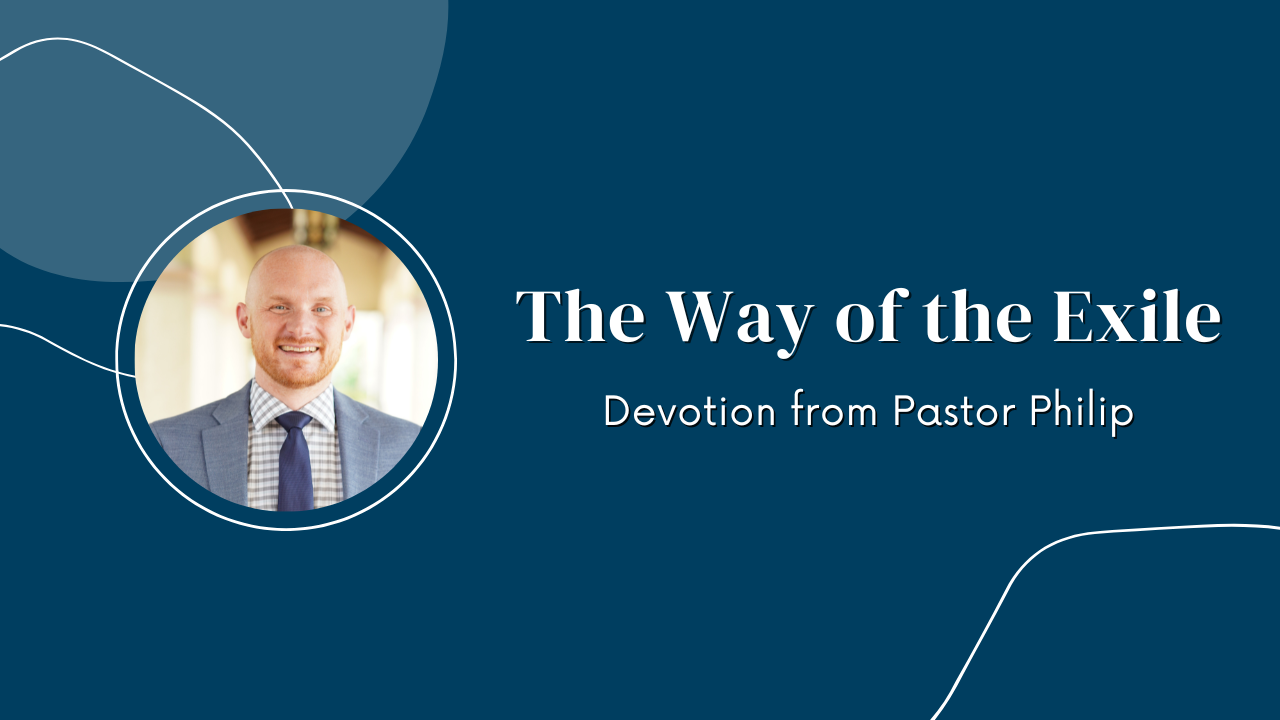
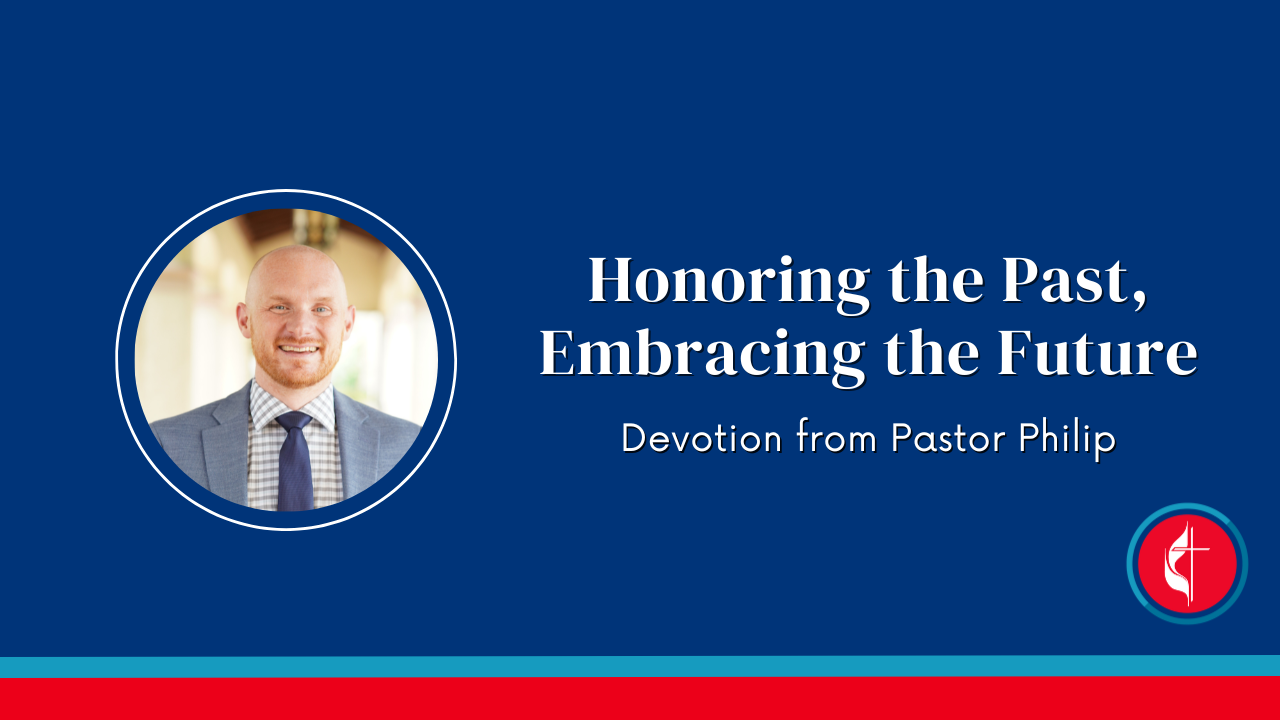
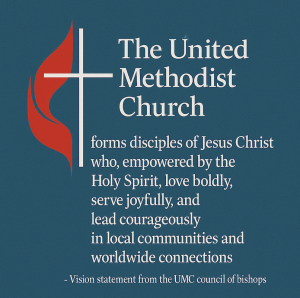
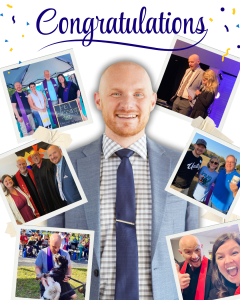 Today I wanted our devotion to focus on celebration! Mostly today, I wanted to celebrate Pastor Philip, my colleague in ministry and friend. It has been on my heart recently to do a better job at celebrating the work of this church and the ministry that we participate in and so today I want to tell you a little more about the work of Pastor Philip and the new chapter he is entering.
Today I wanted our devotion to focus on celebration! Mostly today, I wanted to celebrate Pastor Philip, my colleague in ministry and friend. It has been on my heart recently to do a better job at celebrating the work of this church and the ministry that we participate in and so today I want to tell you a little more about the work of Pastor Philip and the new chapter he is entering.